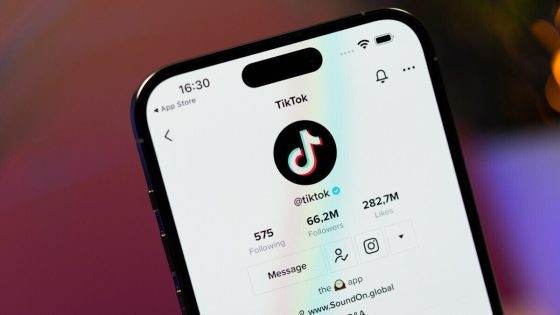New York Mayor sues Instagram, YouTube, TikTok parent companies over youth mental health crisis،
New York City Mayor Eric Adams said his administration has filed a lawsuit against social media companies for fueling the youth mental health crisis (via Reuters).
The lawsuit includes Facebook and Instagram's parent company Meta, as well as YouTube's Google (legally known as Alphabet), Snapchat's Snap Inc. and TikTok's ByteDance. The lawsuit is filed in California Superior Court and alleges that the companies intentionally designed their platforms to “deliberately manipulate children and adolescents and get them addicted to social media applications.”
“Over the past decade, we have seen how addictive and overwhelming the online world can become, exposing our children to an endless stream of harmful content and fueling our national youth mental health crisis,” Adams said in a statement.
It's far from the first time social media giants have faced similar lawsuits: They're under scrutiny as regulators push them to protect children from harmful content. Meta, TikTok and YouTube already face hundreds of lawsuits filed on behalf of children and school districts due to the addictive nature of social media, the report said.
Last month, Meta CEO Mark Zuckerberg apologized to families during a U.S. Senate hearing on the impact of social media on children.
According to its own spokesperson, Meta said it wanted teens to have “safe, age-appropriate online experiences,” while TikTok said it would continue to work to keep the community safe by tackling to industry-wide challenges.
Alphabet (read Google, YouTube) denied the allegations: “We have developed services and policies to provide age-appropriate experiences for young people and strict parental controls. The allegations in this complaint are simply false,” Google spokesperson José Castaneda said in a statement.
















